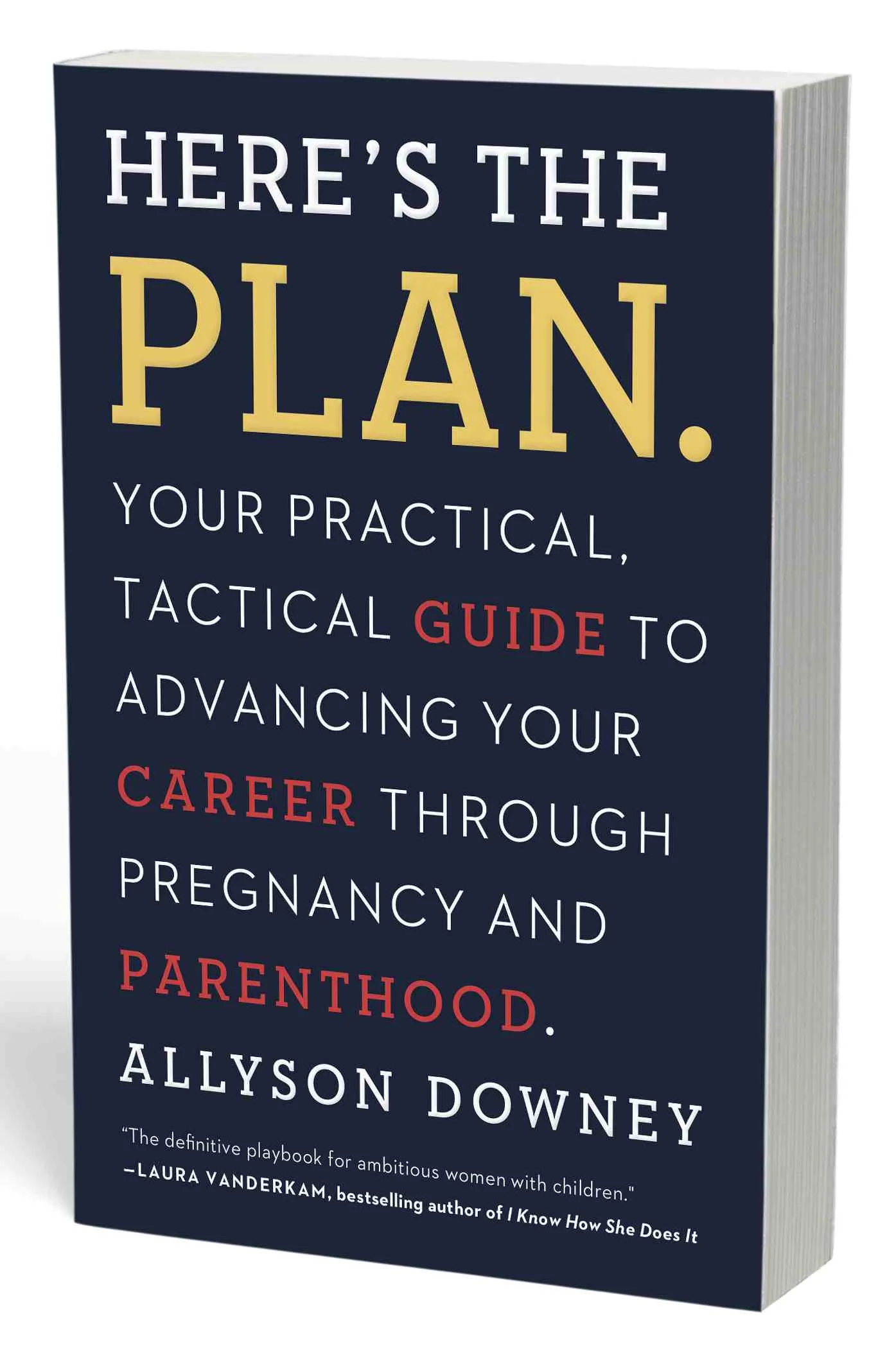Hiring an Au Pair
Growing up, whenever I read about an au pair or heard reference to once, I thought of Maria from the Sound of Music (even though I knew she was a nun, not an au pair). Similarly to my misconception that nannies were for wealthy people, I thought au pairs were exclusively employed by jetsetters. Au pairs were for the Von Trapps – not regular people.
But then some friends told me how little they were paying for full time childcare through an au pair. Including the (hefty) placement fee, their weekly cost was less than half of what I was paying our nanny, and still significantly less than what they’d pay for daycare in New York City for even one child (never mind two!). Granted, you’re covering room and board – and the “room” part of that can be a deal breaker for families living in cities or other areas where space comes at a premium. But if you have the space (and the willingness to sacrifice some privacy), an au pair can be one of the least expensive – and most flexible – childcare arrangements out there.
From the French term for “on par,” an au pair is to be treated as a member of your family. Au pairs come to the U.S. on a J-1 visa, which is – in broad terms – an educational visa that promotes cultural exchange. The program is overseen by the U.S. State Department, and there are 15 individual au pair agencies that are designated by the State Department to sponsor au pairs and facilitate their hiring. The agencies are responsible not only matching candidates and families, but also handling all of the logistics of the au pair’s travel and employment – and educating both families and au pairs about the program and the important of cultural exchange. There are also very strict rules imposed by the State Department on how much an au pair can work (45 hours a week), what she can do (and can’t do – like clean your house), and how much she receives as a weekly stipend ($195.75).
The downsides: you’re hosting someone in your home 24/7, so the privacy concerns some parents have about a nanny are increased exponentially. Au pairs are between the ages of 18 and 26 (the State Department has that age threshold in place), so they’re less experienced than other childcare providers. In some cases, an au pair can feel more like another child in your home than a capable adult. You’re turning over your childcare every year (or if you’re lucky, two – because the State Department allows au pairs to extend for 6, 9, or 12 months if they wish), which means you’re constantly reinvesting in bringing someone up to speed on your household.
And one “pro” that families get tripped up on: hiring an au pair does not guarantee your child will learn a foreign language. In many cases, au pairs have opted to come to the U.S. to perfect their English because it improves their career prospects in their home country. You have to be very clear about your expectations during the interview process, and that’s still not a guarantee. One veteran au pair host told me she’d had ten au pairs, all from Germany because her husband is German and they wanted to expose their children to the language. “Despite our urging for them to speak German exclusively to the kids,” she told me, “it never happened.”

